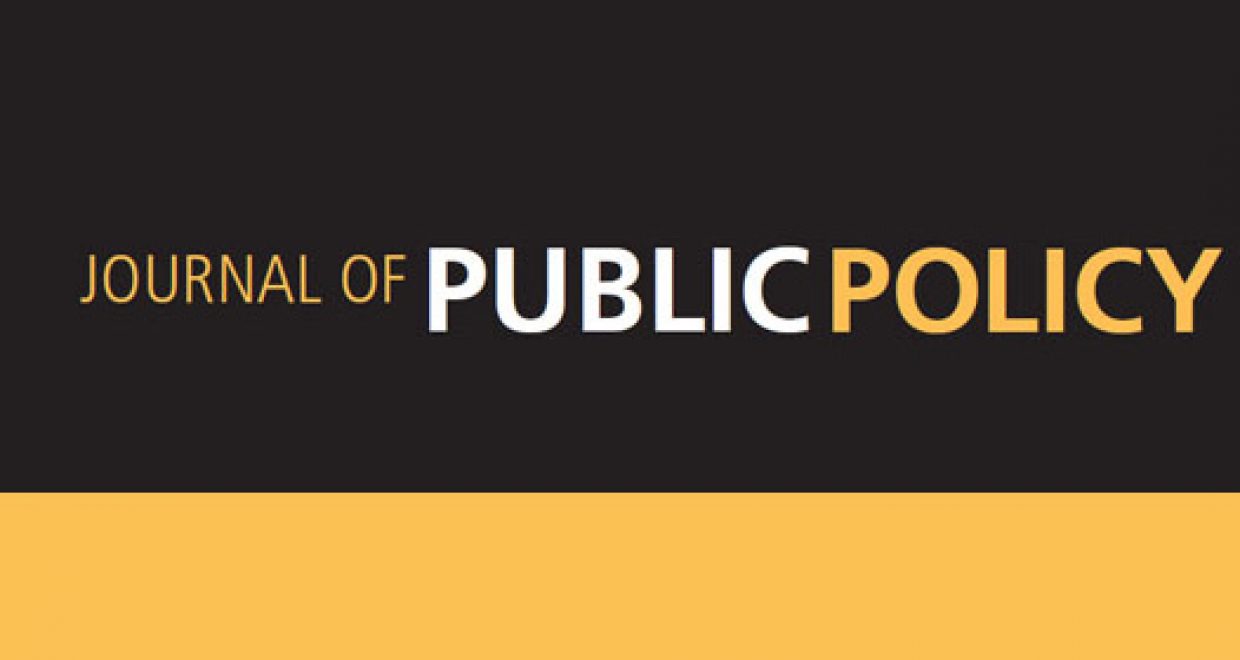Social sustainability in food production? Recent developments in labour standards in the meat-processing industries in UK and Germany
The overexploitation and pollution of natural resources and accelerating climate change are among the greatest challenges of the present. Against this backdrop, industries are more and more prone to taking sustainability aspects into account. In the food industry, questions related to animal welfare have received special public and political attention. In an increasing number of countries labelling products according to animal welfare criteria can be observed – often in close cooperation between public and private actors. From other policy areas we know that labelling can be an important instrument in steering consumer behaviour, promoting sustainable consumption and thereby in the long run, changing methods of production. Interestingly, in the area of animal products, this product differentiation is mostly limited to animal welfare and only seldom includes other sustainability criteria such as environmental indicators (e.g. emissions, water pollution or land use).
Another important area that is not covered by current labels refers to the social criteria of animal production with regard to the working conditions of the people that are employed in the sector. Such product differentiation is already common in other branches, e.g. in the textile sector. The neglect of this social dimension in animal production is remarkable, as ‘cheap labour’ is a key factor for cost advantages in the sector. In addition, the wellbeing of animals and employees is closely interlinked. In livestock housing facilities as well as at abattoirs, severe animal welfare infringements are often related to pressures to increase productivity. These problems are reinforced through unskilled employees who find themselves in extremely precarious working conditions, which include low wages, overtime hours, no break times, heat and noise. The current Covid-19 pandemic has once again highlighted the severe grievances within the meat-processing industry. The fact that workers are often living in group accommodation with very limited space has been named as one reason for the increasing outbreaks in slaughterhouses. But also within the slaughterhouses, important requirements for workers’ health – such as distance regulations between workers – are not maintained.
Our recent article sheds light on this rather neglected social dimension of sustainability in livestock production by analysing the policies related to working conditions in the meat-processing industries in Germany and the UK. This sector has been extremely liberalised in recent years, and the exploitative working conditions in the sector have been identified as an important reason for the sector’s competitive advantage. And yet, there have been considerable efforts to improve the situation of workers in the sector in both countries, which are reflected in legal changes and voluntary agreements. Our analysis focuses on the role of trade unions in this process, which is especially puzzling because the meat-processing industry is dominated by migrant workers, who traditionally have been found to have only limited power resources. We triangulate the results from a systematic media analysis and an analysis of trade union material with findings from the existing literature and find that the trade unions indeed played a crucial role for improving regulations on working conditions in the sector in both countries. This stresses the fact that policy change is possible even in unlikely cases with weak actors, especially if these actors strategically use situational conditions and focus on innovative strategies instead of institutionalised channels of influence. Yet, while trade unions mattered in both cases, their institutional environment and their strategies were very different, and so were the causal pathways leading to improved working conditions in both countries. Admittedly, as current events related to the Covid-19 pandemic show in a dramatic way, while policy changes are the key for improvements in the sector, they also have to be fully implemented to improve the situation of workers.
Our findings are relevant for the study of labour market sectors with similar challenges and characteristics. It is very likely that employers in these sectors will meet the current challenges of demographic change and shortage of skilled workers by employing more migrants, which may give trade unions even higher incentives to address this group of workers. At the same time, employers might also improve the working conditions in these sectors in order to be able to address labour shortage. This is already the case in the agricultural sector in Germany and the UK. Our analysis is an important step for illuminating this so-far neglected social dimension of sustainability, as well as its interaction with other sustainability dimensions not only in the food industry but also beyond.
– Johanna Kuhlmann, University of Bremen and Colette S. Vogeler, TU Braunschweig.
– The authors’ Journal of Public Policy article is available free of charge until the end of August 2020.






